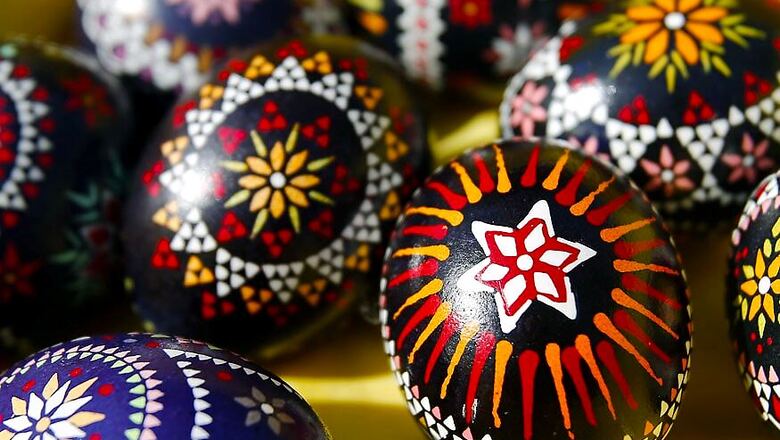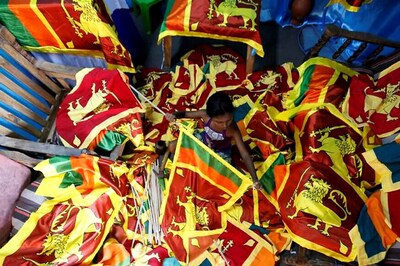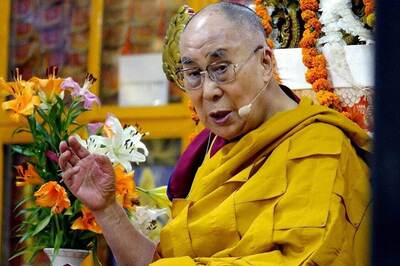
views
After the somber observance of the Holy Week marking the events that led to his arrest and crucifixion in Jerusalem, Christians commemorate the resurrection of Jesus Christ by celebrating the Easter festival on the first Sunday after the first full moon of spring. This means there is no fixed date for Easter and it can be celebrated from March 22 to April 25. This year, the festival is being celebrated on April 21.
WHY AND HOW EASTER IS CELEBRATED
After Jesus Christ was arrested and crucified by Romans on Good Friday, his body was buried in a cave whose entrance was blocked by a huge stone.
Two days later, on the following Sunday, some women found that the stone had been moved and that the tomb was empty. Jesus was sighted by many people over the next few weeks and hence believed to have been resurrected by God.
The week preceding Easter is known as the Holy Week and marks various events related to the last week of Jesus’ life before he was executed by crucifixion. Easter is considered to be Christianity’s most important festival since it celebrates the resurrection of Jesus, one of the principle tenets of the Christian faith. Christians believe that Easter symbolizes Jesus’ victory over death and like his resurrection; eternal life awaits all those who believe in Him.
EASTER EGGS AND BUNNIES
European ‘Pagans’ considered eggs to be symbols of fertility and regeneration much before the advent of Christianity, and celebrated Easter as a spring festival. However, after the Saxons converted to Christianity, Easter gradually came to be associated with the resurrection of Jesus.
The roots of many of the Easter traditions can thus be traced to non-Christian and even pagan or non-religious celebrations. These include Easter eggs, and related games such as rolling and decorating eggs.
The Easter Bunny (also called the Easter Rabbit or Easter Hare) is depicted as a rabbit bringing Easter eggs. Like Easter eggs, it owes its origin to the rabbits and hares considered to be symbols of fertility.
The Easter dinner of lamb also has historical roots, since a lamb was often used as a sacrificial animal and the phrase “lamb of God” is often used to refer to Jesus due to the sacrificial nature of his death.
Today, Easter is marked by exchange of greeting cards, chocolate eggs, chocolate Easter bunnies and other gifts.




















Comments
0 comment